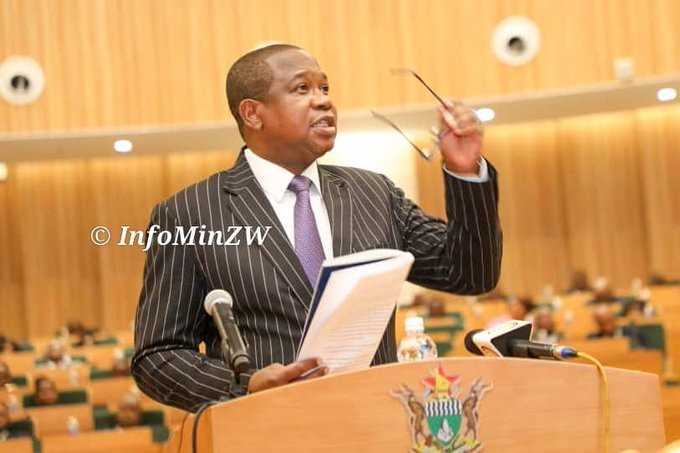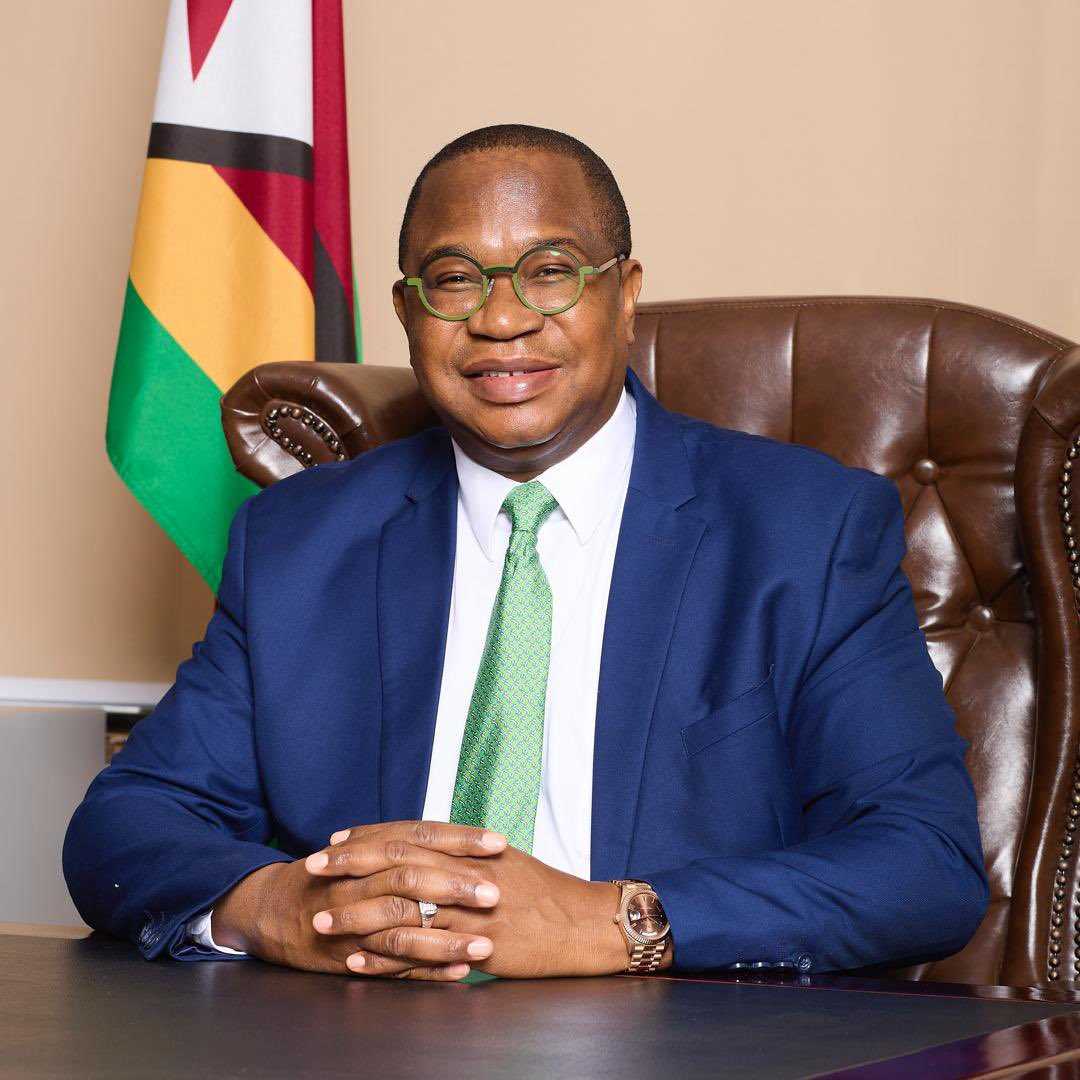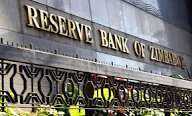
Nyashadzashe Ndoro
Finance Minister Mthuli Ncube is likely to revise the 1% Wealth Tax he wanted to impose on individuals owing upmarket houses worth US$100 000 or more.
In his 2024 budget, Ncube proposed the introduction of the Wealth Tax that would see people owning homes worth US$100 000 expected to pay 1% levy. This sparked public outcry with others arguing that, when one buys these properties, they pay capital gains tax and stamp duty.
They also argued that some residences such as Waterfalls, Hatfield, Greendale and Mandara, some houses are now occupied by 2nd and 3rd generations (beneficiaries) who are surviving on rentals and can’t afford to pay this tax.
Addressing an event hosted by the Confederation of Zimbabwe Industries this week, Ncube hinted at the possibility of reviewing the Wealth Tax.
“We are not that comprehensive in our wealth tax. We just decided, what is simple and clean, let’s just target house ownership. We will be sensitive as we implement this to whether there is a primary dwelling or not. We are taking that on board,” he said.
Related Stories
“Someone has got one house and that's their primary dwelling and then they are paying an exorbitant amount on that.”
Mt Pleasant MP Fadzayi said the Wealth Tax was not a good idea. If implemented, Mahere said it would encourage tax evasion and discourage property investment.
“Imposing this ill thought out wealth tax will encourage tax evasion and has the potential to drive away property investors if imposed. Persons with the means will opt to buy in Johannesburg or South Africa where the tax burden is less burdensome and one can get more bang for their buck,” she said.
“Property is one of the few reliable stores of value in Zimbabwe’s broken economy where savings are not safe in financial institutions due to unsound and inconsistent economic policies. The proposed wealth tax will discourage property investment.
“Moreover, by taking a fraction of people’s wealth each year, the tax reduces the return to investing and discourages saving. This can reduce growth because investing and capital accumulation are critical to innovation.”
Ncube’s budget will be debated in Parliament before it is implemented.


















Leave Comments